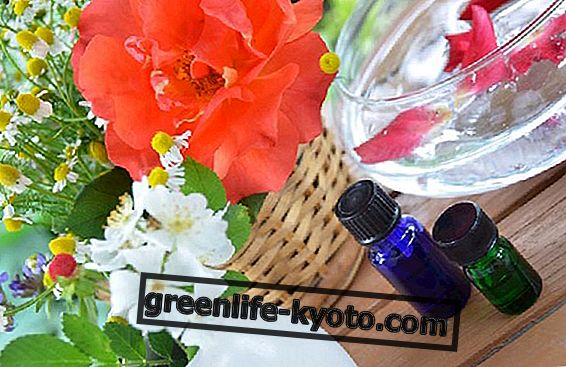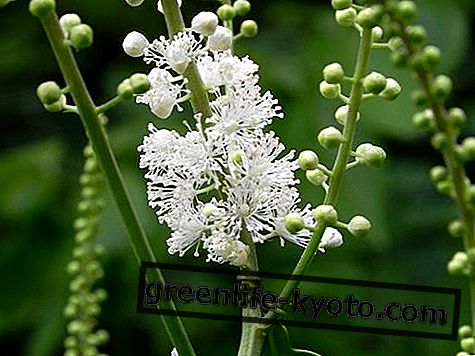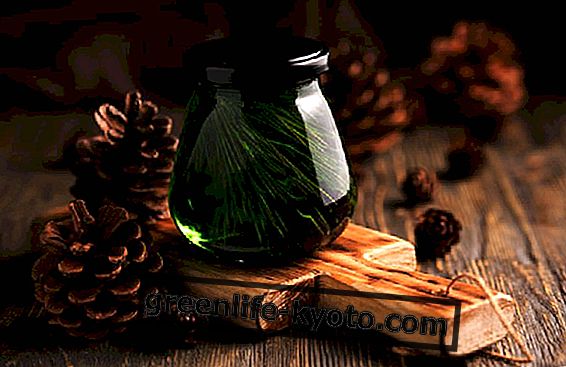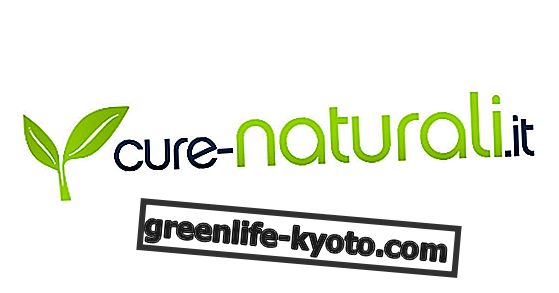
For many it is just an aromatic herb, to be used in the kitchen to give flavor to foods, a salt substitute for flavoring dishes without unpleasant side-effects on pressure.
In reality, the thyme is an excellent " pharmacy" in the case of cooling disorders.
There are many ways of using and hiring, so much so that the thyme is among the "prince" remedies for seasonal ills . Let's get to know him better.
Use of thyme for seasonal ills
Thyme is a herbaceous plant that belongs to the same family as mint ; the parts used to create the remedies (often used in combination with other herbs) are the leaves and flowers, which contain the precious essential oil .
The essential oil of thyme is very strong, so much so that it needs two successive distillations to obtain the correct concentration, non-toxic. However, its use during pregnancy is not recommended.
In the essential oil of thyme there are several substances, including thymol and carvacrol and minerals (including iron and manganese), with antibacterial and fungicidal action above all, but also active on muscle spasms.
It is known for these effects since ancient times, in the last century it was the main constituent of disinfectants on the market, and to date scientific studies are in progress that validate its properties and the positive effects on cooling pathologies.
For seasonal ills, therefore, the thyme may be a supportive remedy for
- sore throat, tonsillitis;
- cough (it also relieves the throat muscles, as well as disinfecting the oral cavity) ;
- ear infections ;
- phlegm ;
- inflammation and infections of the mouth ;
- fever ;
- stomach pain and intestinal disorders that often accompany flu states.
Timo: cultivation and use
How to use thyme for seasonal ills:
The essential oil of thyme can be used in different forms, depending on the part of the body in which it will have to take effect.
As far as the essential oil is concerned, always use only pure essential oil, in packages which are labeled " for food use ".
It can also be found on the market in the form of a mother tincture, obtained with hydroalcoholic extraction.
- For the cough: 2-3 drops of essential oil a day, in a teaspoon of honey (which enhances the soothing properties);
- To improve breathing : place a drop of essential oil in the room diffuser or in the hot water basin used to make flaps ;
- For colds, using plantar reflexology : after foot bathing in warm water, rub the feet with a mixture of sweet almond oil and two drops of thyme essential oil;
- On the throat, from the outside : in two tablespoons of coconut oil, or shea butter, put 1-2 drops of thyme essential oil and spread on the throat and chest, before sleeping;
- To disinfect throat and tonsils : 1-2 drops of thyme essential oil in the gargle water. Some make spools directly on the affected part with thyme mother tincture;
- For digestive and intestinal disorders : prepare an infusion of thyme, with 5 grams of thyme every 100 grams of water.
What are the most common varieties of thyme
Thyme: contraindications
Avoid using thyme during pregnancy, in case of gastritis and severe digestive disorders, in case of blood clotting problems and allergies to the principles contained. If in doubt, consult your doctor first.













